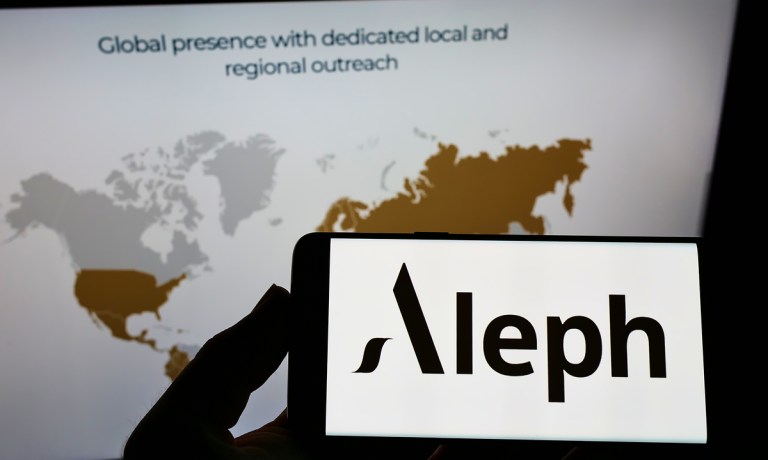Aleph Launches Dedicated Unit for Cross-Border Payments and Credit Underwriting

Aleph, a global enabler of digital advertising, has launched Aleph Payments, a dedicated unit aimed at simplifying cross-border payments and credit underwriting.
This move comes as the digital advertising industry is projected to reach $766 billion by 2025, with global remittance and cross-border payments estimated to grow to $39.99 trillion by 2026, the company said in a Wednesday (Aug. 16) press release.
With nearly two decades of experience in providing credit underwriting and cross-border payment solutions to advertisers and digital ad tech platforms, Aleph has established a foundation in this field, according to the release. The company manages over $2 billion in cross-border credit and payments through its international network.
Aleph CEO and Founder Gaston Taratuta said in the release that the company aims to expand its cross-border payment and credit underwriting capabilities to other subcategories within the digital advertising ecosystem. By leveraging its expertise primarily in emerging markets, Aleph aims to support global ad tech companies in focusing on their core businesses while providing local advertisers with a means of finance.
In addition to expanding its services within the digital advertising industry, Aleph plans to extend its offerings to global partners like Spotify, Uber and Meta, as well as new partners, according to the press release. This expansion will enable cross-border payment for streaming, mobility, digital services commerce and other categories.
Aleph Payments, the company’s new payment service, aims to cater to over 5,000 digital-native advertisers, the release said.
Established in 2005, Aleph now employs over 1,500 people across more than 65 offices worldwide, per the release. The company has also secured investments from CVC Partners, Mercado Libre, Sony, Twitter and Snap.
Major tech companies like Amazon and Meta reported in the spring that the digital advertising industry may be recovering, as they have experienced a boost in advertising revenue. Collectively, their quarterly reports at the time suggested that retailers are still placing a high priority on digital advertising expenditure, despite a slowdown in consumer spending due to inflation.